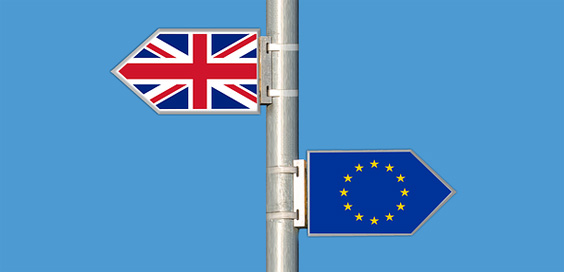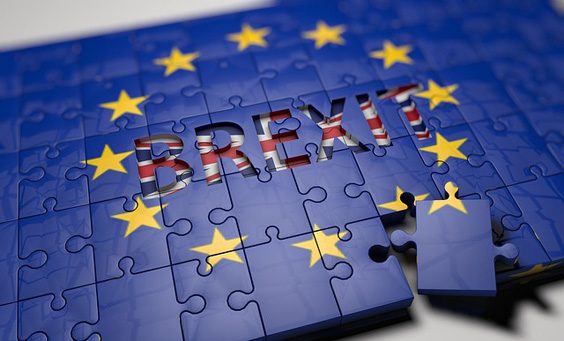Brexit, and How it Affects Your Business

In one line, Brexit is the UK’s push for leaving the European Union. You have probably heard of it – heck, they’ve probably heard of it in Timbuktu at this point. But if somehow you haven’t – or you need an update – then here’s the lowdown.
The UK is part of an international body known as the European Union. In 2016, the conservatives in the UK parliament proposed to hold a referendum to leave the European Union. To the surprise of the conservatives, and everyone else, the people voted to leave.
The reasons for this are long and convoluted, so we won’t get into it too much, but this is absolutely going to affect the future of the UK and Europe, and, more importantly, your business. It is essential to prepare your business for Brexit in terms of taxation, new shipping costs and customs charges.
History of the EU
Let’s back up a bit. The idea for the European Union first came about in the 1920s and was put before the League of Nations in 1929. This was in part a response to the booming American economy across the sea that the European nations individually couldn’t compete with, at least, not after World War 1.
Skipping past the great depression, Sir Winston Churchill pondered the idea publicly in 1943, during World War 2.
In 1957, Belgium, France, Italy, Luxembourg, the Netherlands, and West Germany signed the Treaty of Rome – an agreement that created the European Economic Community, which would become the European Union in time.
The United Kingdom, for its part, did not attempt to join until 1961 and was rejected twice by France, until they were finally incorporated into the European Union in 1969.
What Difference does it Make?
So why is being a part of the European Union so important? Well, being a part of the European Union allows its members to access a single market entity across all of its member states (which, at the time of writing, numbers at 28, including the UK). The European Union collectively has the second largest economy in the world, after the United States of America.
Nineteen of these EU member states are part of the Eurozone and have replaced their own currencies with the Euro. The European Union’s internal market also allows the free circulation of goods – once any particular item enters the internal market, they are no longer subject to customs, taxes, import quotas, or tariffs.
Clearly, the European Union has a very important economic influence on all parties involved, but how does this affect YOUR business?
As Marcus Uprichard put it, head of Sales and Marketing of Conveyer Networks, business investment is in a downward plunge: “Commercial Trends that I see as a result of Brexit are business investment, down for four consecutive quarters. I don’t think we’ve seen that since the recession… I guess what breeds that trend is uncertainty… and there’s no more uncertainty than what we’re seeing in Westminster at the moment. It all seems rather gloomy.”
In short, businesses that want to play it safe (most of them) are staying away from Britain and Europe until the fate of various trade negotiations and regulations are solidified. It’s like they’re all playing online poker, and they’re waiting for either the EU to fold or the UK to play its aces.
Economically, this is hurting both British AND European businesses the longer Brexit negotiations drag on.










